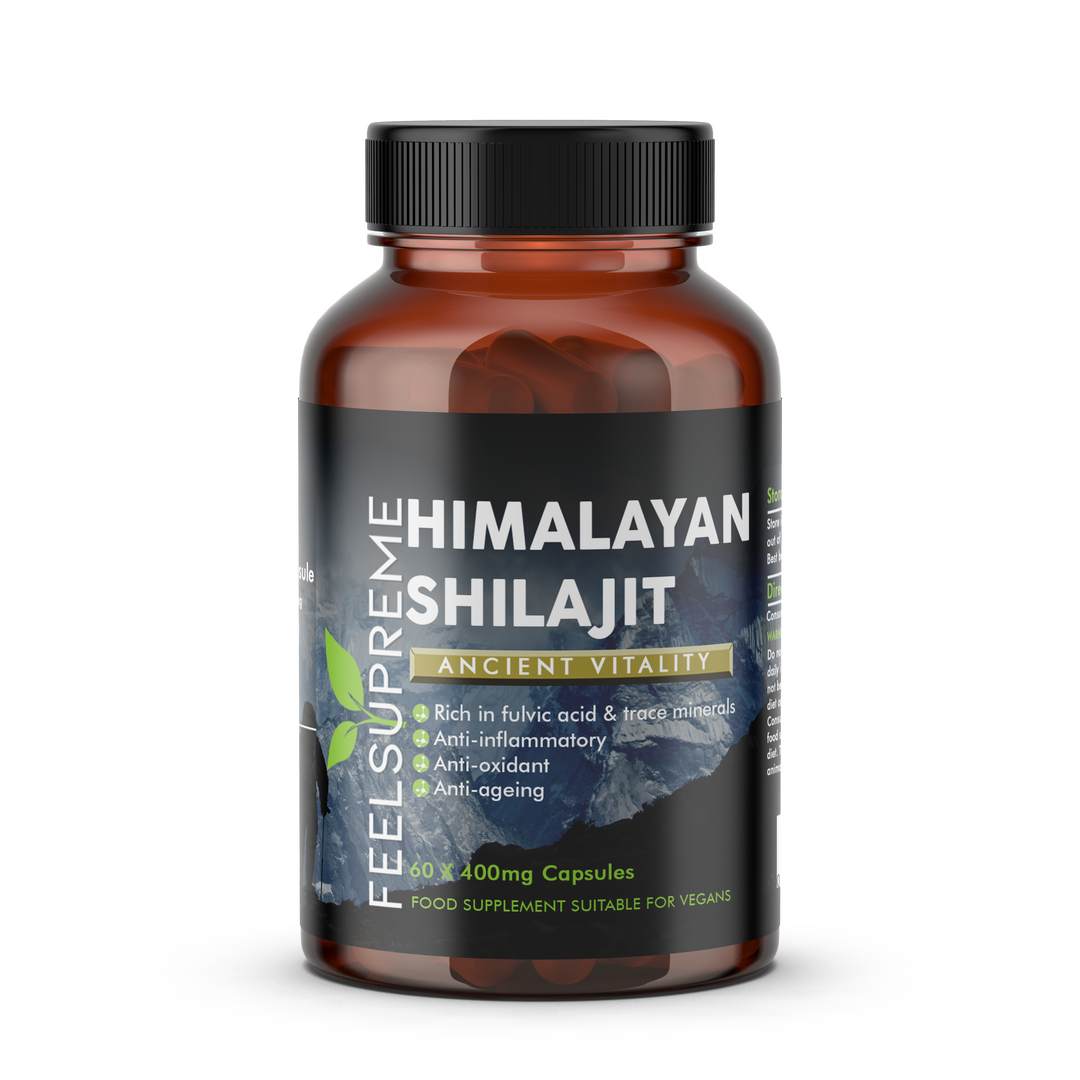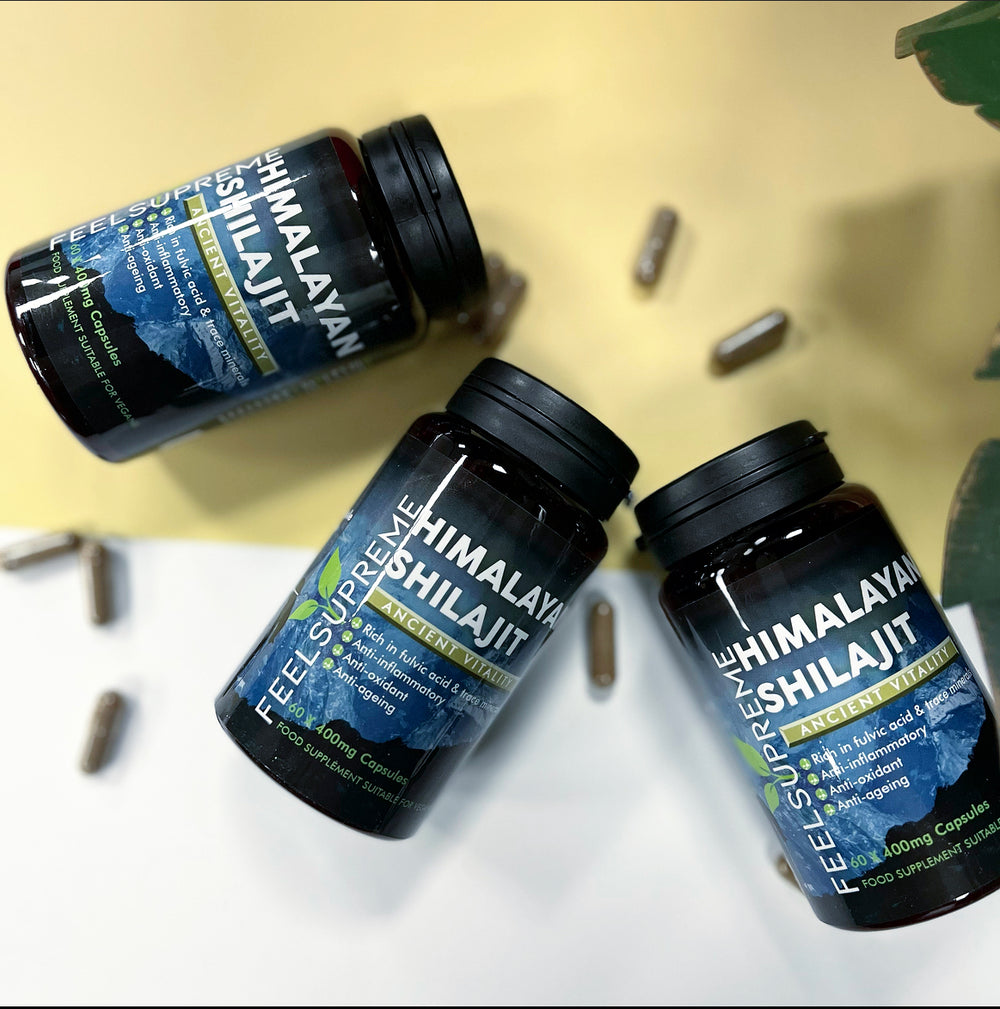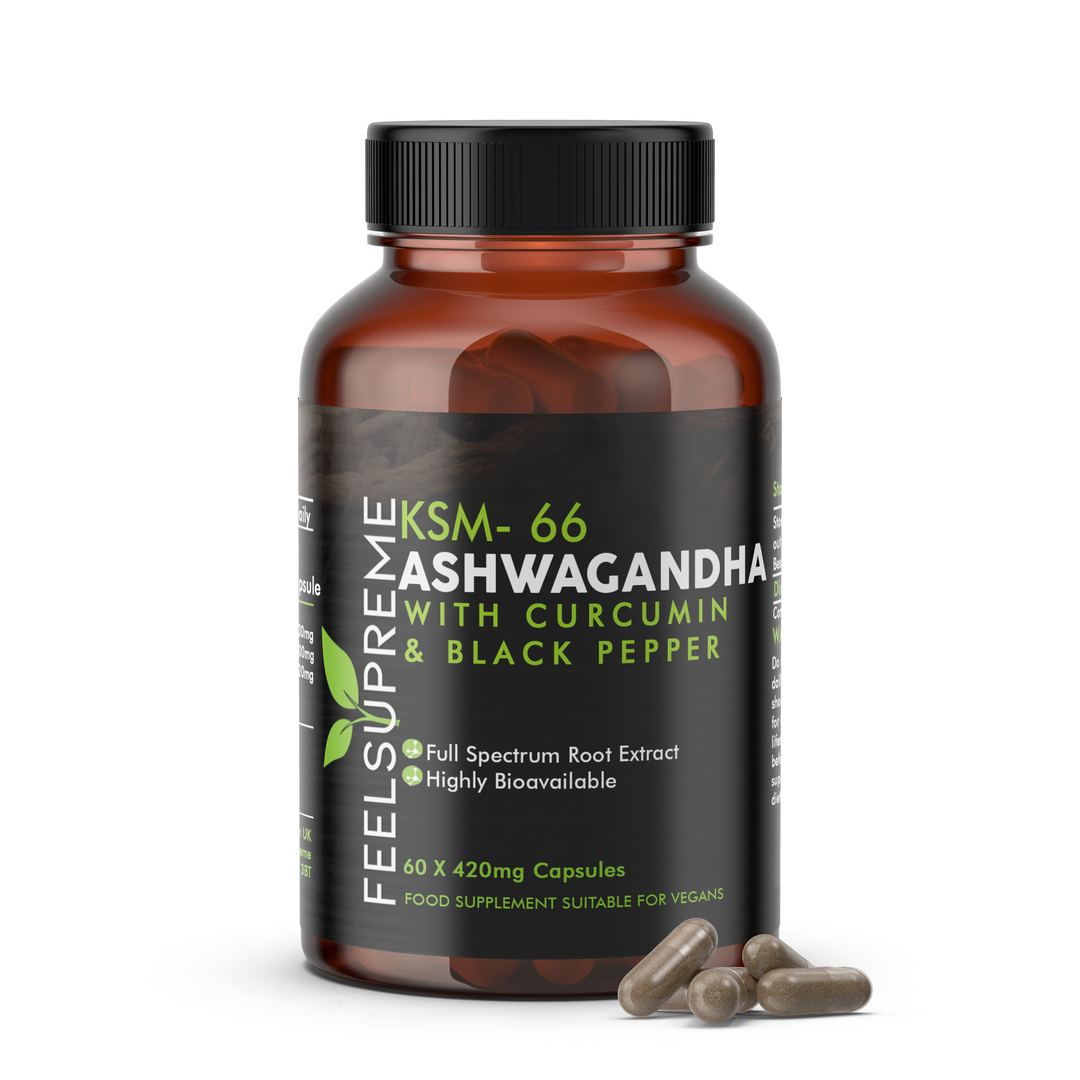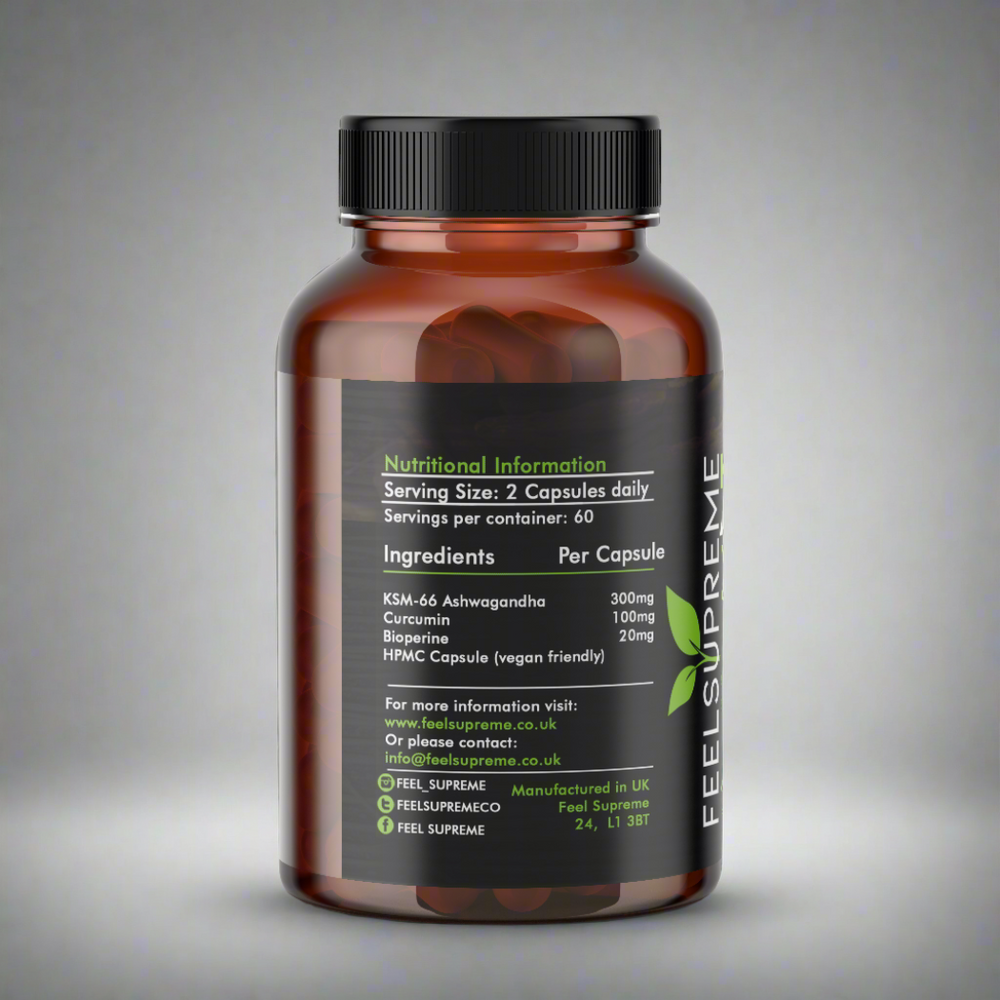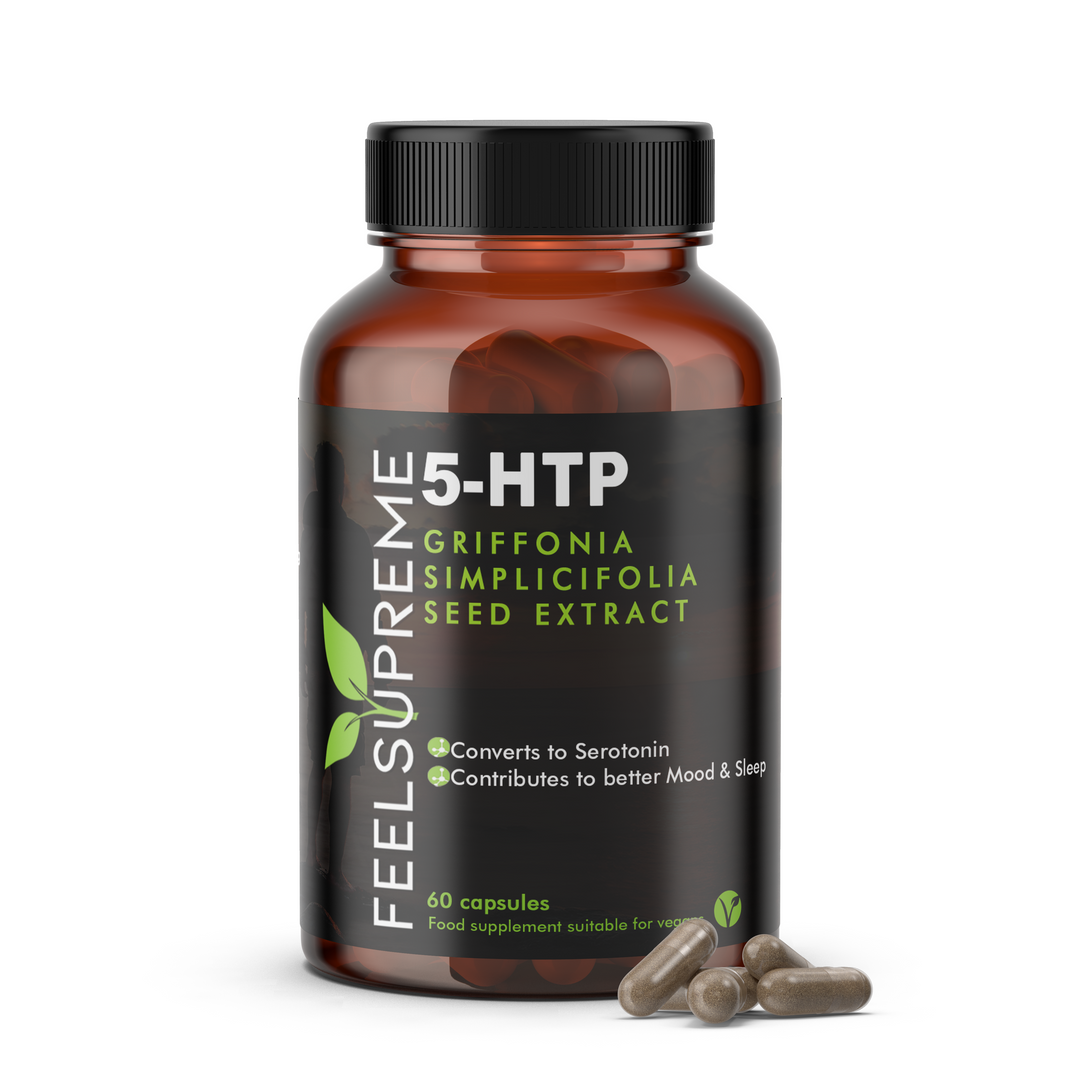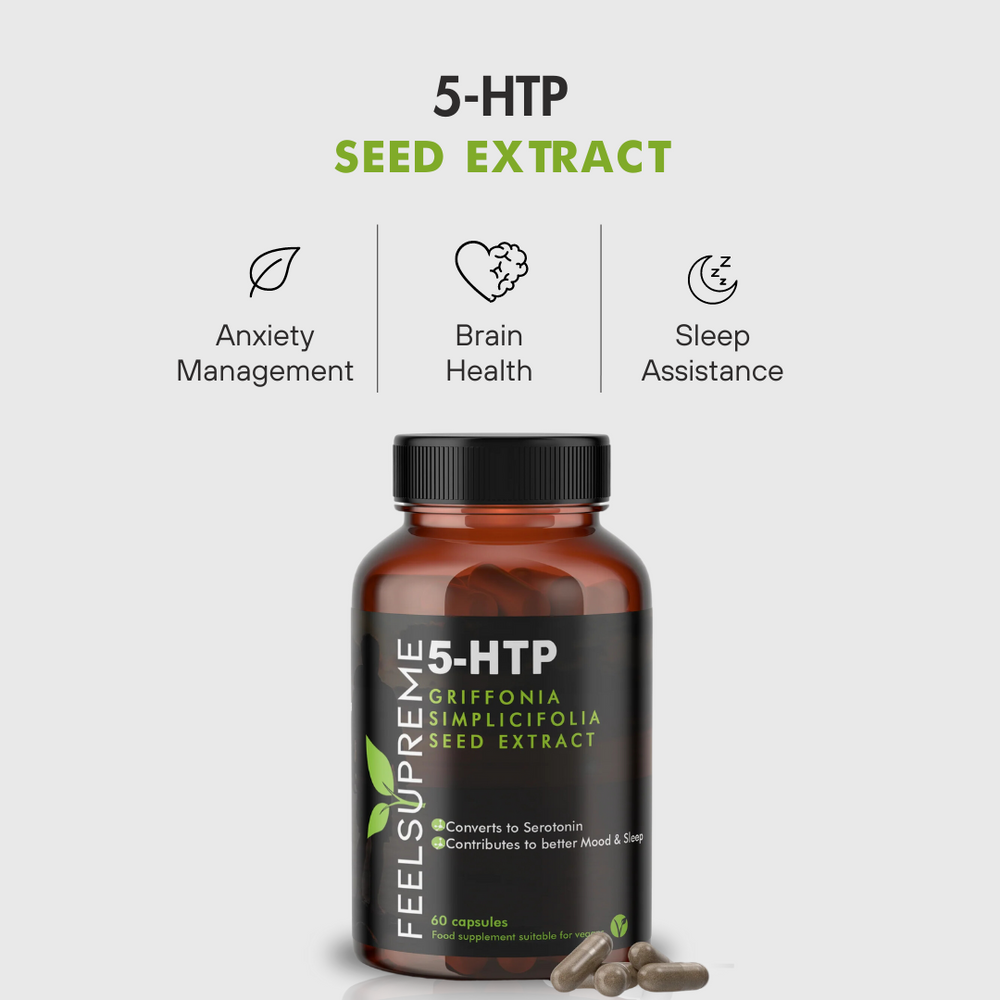In recent years, there has been a notable surge in awareness surrounding ecological challenges. It has led to a significant shift towards more sustainable options across various facets of life, including wellness and medical choices. This growing consciousness is particularly evident in the preference for organic supplements over their synthetic or conventional counterparts. In today's blog, we delve into the rationale behind this trend and explore the myriad ways in which opting for organic supplements proves to be not only a reasonable choice but also immensely beneficial for both individual health and environmental preservation.
Organic Supplements vs Synthetic Supplements
Organic supplements and synthetic supplements represent two distinct approaches to nutritional supplementation. The primary difference lies in their sourcing and production methods. While synthetic supplements are typically manufactured using isolated vitamins and minerals synthesised in a laboratory setting, organic supplements are derived from naturally occurring sources such as plants, herbs, and other organic materials. The key distinction lies in sustainability; organic supplements, cultivated through organic farming practices without the use of synthetic pesticides or fertilisers, promote environmental preservation by minimising chemical runoff, maintaining soil health, and fostering biodiversity. Additionally, organic farming methods prioritise resource conservation and promote carbon sequestration, contributing to overall ecosystem health. Thus, opting for organic supplements aligns with sustainable practices, offering not only nutritional benefits but also environmental advantages over their synthetic counterparts.
Environmental Impact of Conventional Supplement Production
The environmental impact of conventional supplement production is significant and multifaceted, encompassing various risks and damages to ecosystems. Conventional supplement production often relies heavily on intensive farming practices, which involve the use of synthetic pesticides, herbicides, and fertilisers. These chemicals contaminate soil and water sources and contribute to biodiversity loss and ecosystem degradation. Additionally, the energy-intensive manufacturing processes associated with synthetic supplement production result in substantial greenhouse gas emissions, exacerbating climate change. Furthermore, the extraction of raw materials for synthetic supplements can lead to habitat destruction and depletion of natural resources, further compounding the environmental toll. Overall, the conventional supplement industry poses significant risks to environmental health. For further information about this topic, you can check our previous blog - THE ENVIRONMENTAL IMPACT OF ORGANIC SUPPLEMENTS: HOW YOUR CHOICES MATTER.
Benefits of Choosing Organic Supplements
Choosing organic supplements offers a myriad of benefits, particularly in terms of ecological sustainability. By opting for organic supplements, consumers support agricultural practices that prioritise soil health, biodiversity, and environmental conservation. Additionally, organic agriculture promotes carbon sequestration in the soil, helping mitigate climate change by offsetting greenhouse gas emissions. Furthermore, organic farming typically involves crop rotation and other regenerative practices that enhance soil fertility and resilience, contributing to long-term ecosystem health. Overall, choosing organic supplements supports personal health and fosters a healthier planet for future generations by promoting sustainable agricultural practices and mitigating environmental degradation.
Trusted Sources
Ensuring access to trusted sources is paramount when it comes to selecting supplements. Feel Supreme stands out as a reliable provider, offering a range of high-quality organic supplements obtained through sustainable methods. Our commitment to ecological integrity is reflected in products such as digestive enzymes, Hemp powder, and Lion's Mane Mushroom, among others. Each of these offerings is meticulously sourced, adhering to stringent organic standards and ethical practices.
Overcoming Challenges
While some may perceive organic supplements as prohibitively expensive or inaccessible, the reality is quite different. Contrary to popular belief, a growing market for organic products has led to increased affordability and availability. Moreover, advancements in organic farming practices and distribution networks have made organic supplements more accessible to a broader demographic. By dispelling myths, we can empower individuals to make informed choices that prioritise personal health and environmental sustainability.
Final Thoughts
The sustainability of organic supplements is not just a passing trend but a fundamental shift towards more responsible and conscientious choices. By opting for organic supplements, you not only prioritise your own health but also contribute to the well-being of the planet. The evidence is clear: organic supplements offer a wealth of benefits, from promoting biodiversity and soil health to mitigating climate change. As awareness continues to grow and accessibility improves, the future of supplementation lies in organic, sustainable practices.













